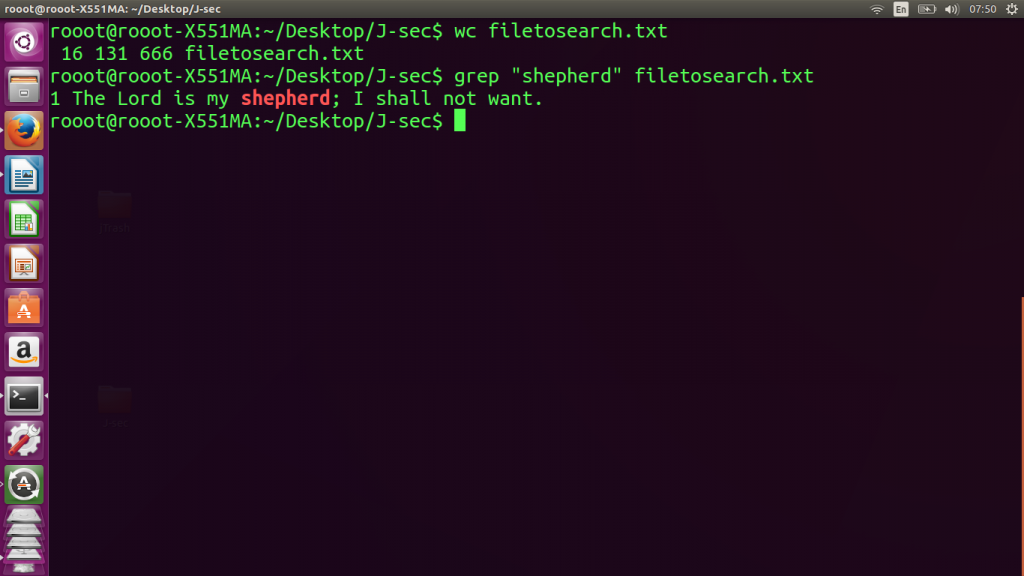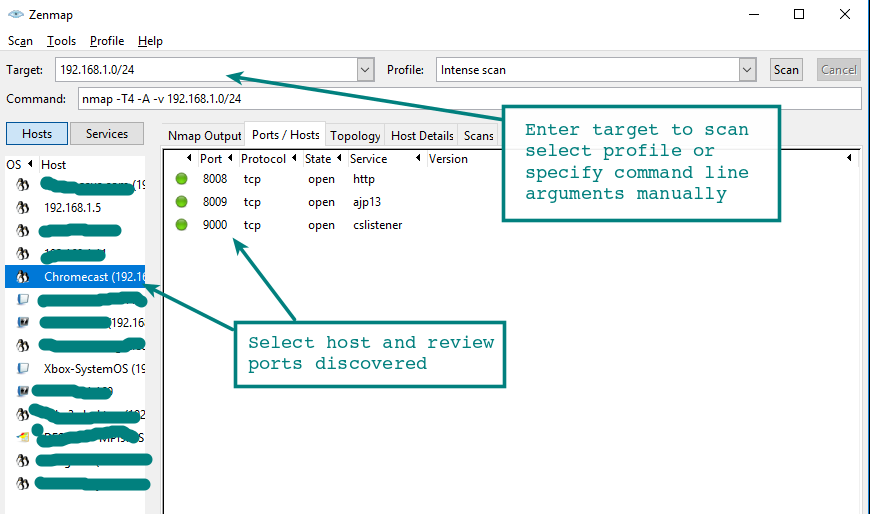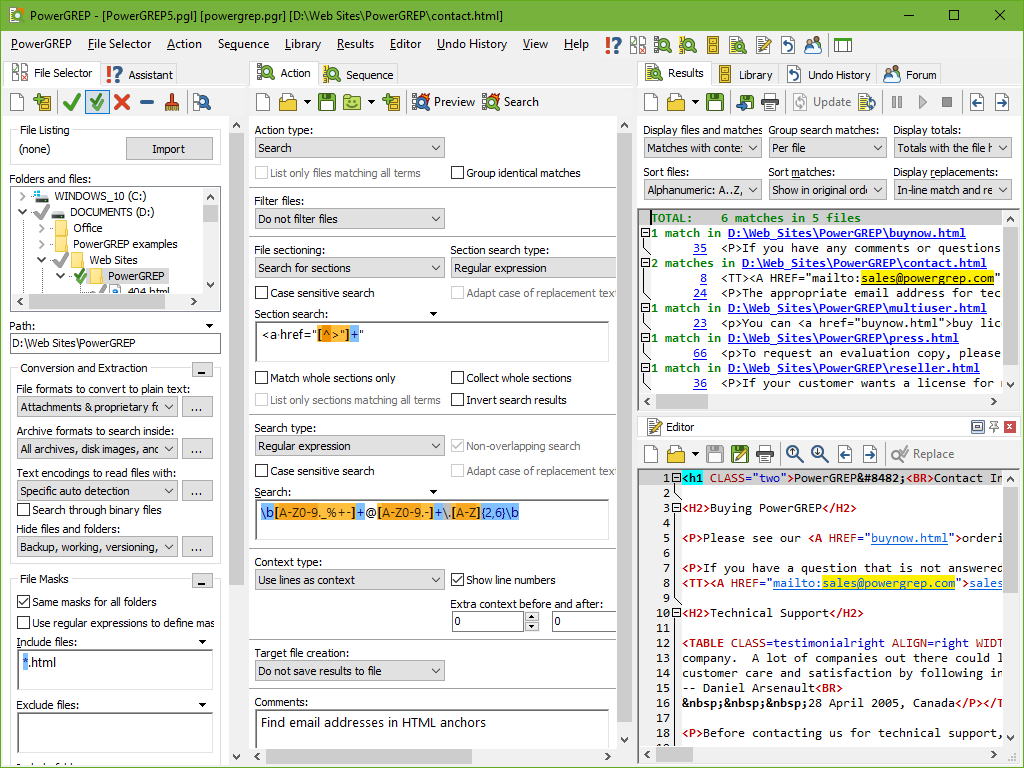
Take a look at the output of the -R search in the same example: grep -R recursive search also searches in the linked filesĭid you notice that it gives an additional search result with the linked.txt which is basically a symbolic link and was omitted from the grep search with -r option? The -R is dereferenced search which means it will follow the symbolic links to go to the original file (which may be located in some other part of the system). So, what's the difference grep -r and grep -R? Only one, actually. There is also a -R option for recursive search and it works almost the same as the -r option. Here's the result: Recursive search with -r option of grep command Here's the recursive search I performed in the previous example to do a grep search in the current folder: grep -r simple. With this option, grep will look into all the files in the current (or specified) directory and it will also look into all the files of all the subdirectories. Grep provides a -r option for the recursive search. Grep recursive search in all subdirectories of a directory Now that you know that, let's see how you can perform a recursive search with grep so that it also looks into the files in the subdirectories. If you are not in the same directory where you want to perform, you can specify the directory path and end it with /* grep search_term directory_path/*īasically, you are using the wild card to expand on all the elements (files and directories) of the given directory. Search in all files of a directory with grep Since you cannot directly grep search on a directory, it will show "XYZ is a directory" error along with search results.


This will search in all the files in the current directories, but it won't enter the subdirectories. The wild card actually substitutes with the name of all the files and directories in the current directory. To search for the word 'simple' in all the files of the current directories, just use wild card (*). Except empty.txt, all files contain the term 'simple' on which I'll perform the grep search. Here's the directory structure I am going to use in this example. Let me show you all this in details with proper examples so that it is easier for you to understand. You may also specify the directory path if you are not in the directory where you want to perform the search: grep -r search_term directory_path You can make grep search in all the files and all the subdirectories of the current directory using the -r recursive search option: grep -r search_term. It only searches in all the files in the current directory. If you want to search all the files in a directory with grep, use it like this: grep search_term * Usually, you run grep on a single file like this: grep search_term filename It would then be available to you on any machine.Grep is an excellent tool when you have to search on the content of a file. The default profile location for PowerShell is %USERPROFILE%\Documents\WindowsPowerShell you could technically have this live in OneDrive. The ones that would be beneficial at both locations I just manually copy them over. A lot of the commandlets I create for work wouldn’t be beneficial to me at home. I use an alias of fcs so I don't have to type the entire command name.Īnytime I have to type a PowerShell command out more than once it usually becomes a commandlet. This will search files with the passed in extension for the word pattern. I *.$Extension -R | sls -Pattern $Pattern Here are a few:Īnother option that I tend to do is create PowerShell commandlets.

More Suggestions from ReadersĪ few readers left comments (below) and some emailed me directly with their own solutions to this problem. What are your favorite grep tips, especially on Windows? Leave your answer in the comments below. The flags -irn mean ignore case (-i), recurse subdirectories (-r), and print line numbers of matches (-n). In the above terminal window you can see a simple grep command for finding a string in any file in a folder, recursively.
#Grep in windows windows
Then I remembered I'd installed WSL - Windows Subsystem for Linux - which meant I actually had the power of grep available to me!įind all instances of 'ardalis' in folder 'docs' recursively

#Grep in windows install
I really didn't feel like this required me to install One More Thing ™ when I knew this would be so easy if only I could use grep. I did a quick search for 'windows explorer search markdown files' which led me to a Super User thread that said I'd have to install a Markdown Preview to do it. No dice - it found no results when I knew there were some. My initial thought, since I'm on Windows, was to use Windows File Explorer's search dialog. I recently needed to find which of a bunch of markdown files had a particular string in them.


 0 kommentar(er)
0 kommentar(er)
